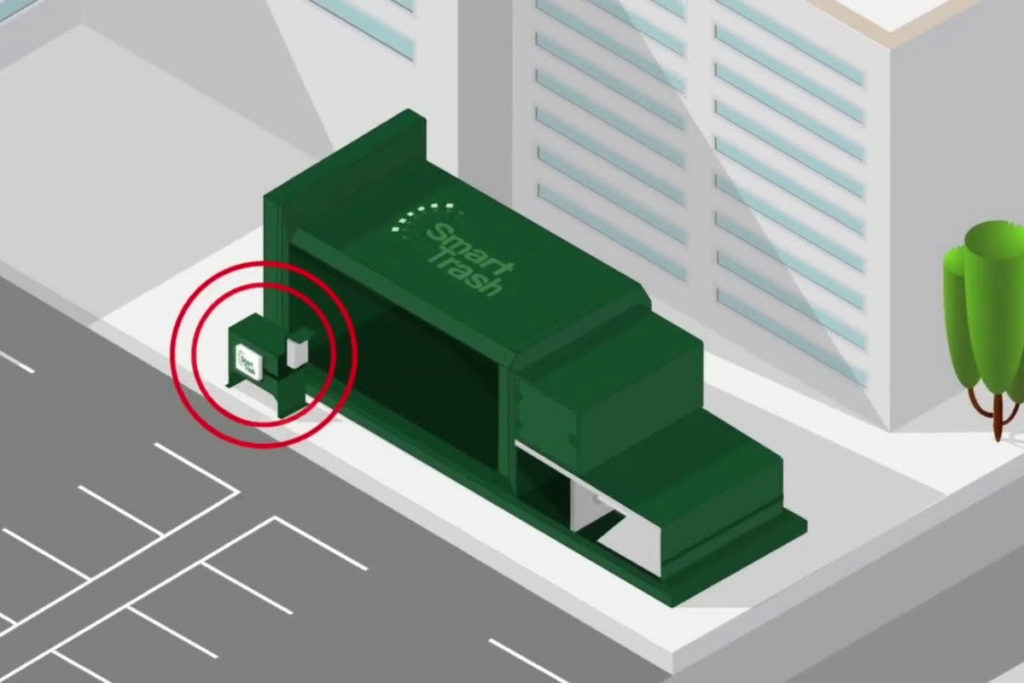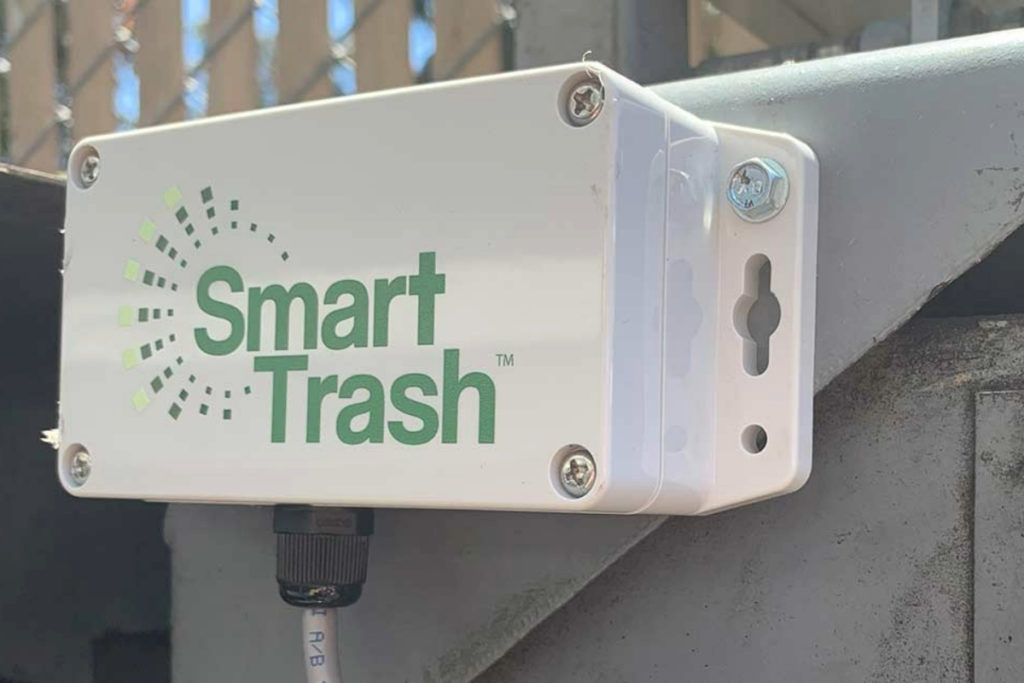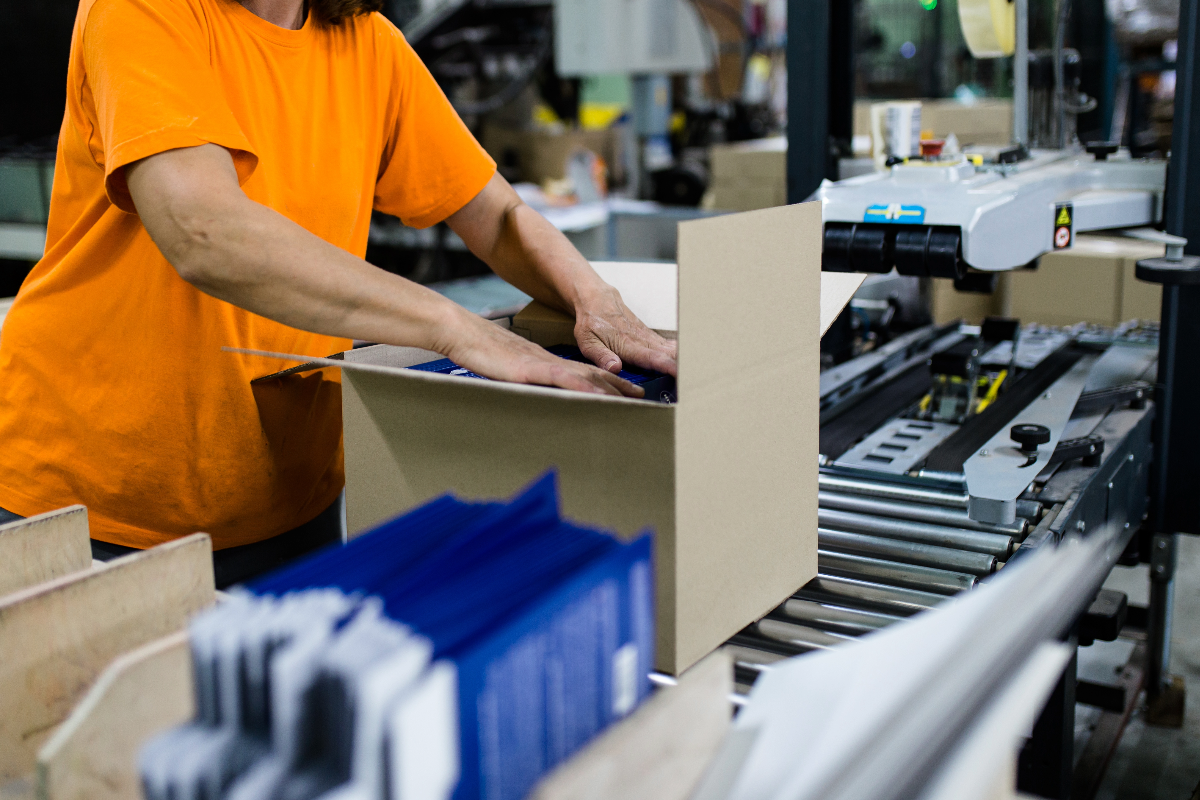AI in the Waste and Environmental Industry: Unveiling Trends for 2024 and Beyond
Check out our LinkedIn page for live updates
The integration of artificial intelligence (AI) into various industries has sparked significant advancements, and the waste management sector is no exception.
Over the years, the adoption of smart bins and AI-driven routing has revolutionised on-site waste management, leading to enhanced efficiency, cost-effectiveness, and a reduction in carbon dioxide emissions. Notably, industry leaders like SmartTrash have spearheaded innovations such as AI-based compactor emptying, resulting in a remarkable 50% reduction in waste collections.

Smart Bins and On-Site Waste Management:
The evolution of smart bin technology has allowed businesses to optimise waste collection processes by ensuring that only full containers are serviced. This not only streamlines operations but also contributes to substantial cost savings and environmental benefits. The implementation of AI in compactor emptying, as illustrated by SmartTrash, exemplifies a pioneering approach that minimises waste collections, showcasing the potential for significant industry-wide impact.
Want to know more about SmartTrash? Click here!
Intelligent Transfer Stations and Recycling Rates:
Waste transfer and picking stations have witnessed a transformative shift with the infusion of AI. These intelligent stations facilitate more effective sorting, leading to higher recycling rates compared to traditional waste picking methods. The incorporation of automated segregation systems and data-driven insights from picking stations allows recycling facilities to provide more accurate reports to customers. This technological leap marks a crucial step toward sustainable waste management practices.


Advancements in Smart Routing:
While smart routing is not a novel concept, ongoing developments are reshaping its role in the waste management industry. Smart routing systems, designed to optimise collection routes, continue to play a pivotal role in reducing CO2 emissions by ensuring the shortest distances are traveled by waste collection vehicles. Addressing “waste miles” remains a key focus for future developments, promising further efficiency gains and environmental benefits.
Waste Reduction at the Source:
Complex AI systems are making headway in minimising waste generation at the source, particularly in manufacturing and distribution settings. By analysing consumption data and optimising production and ordering systems, manufacturers, especially in perishable sectors, have achieved significant reductions in production waste. This proactive approach aligns with broader sustainability goals and highlights the potential for AI to drive positive change across diverse industries especially as the EPR legislation comes into play.
Want to find out more about how EPR impacts your business? Click here to download our EPR guide!
Energy Consumption and Sustainability:
AI is also playing a pivotal role in optimising energy consumption and promoting sustainability. Improved planning and production schedules, guided by AI algorithms, enable businesses to harness solar and battery storage efficiently, reducing reliance on traditional energy grids. This shift towards renewable energy sources reflects a broader commitment to environmental responsibility and resource efficiency.
Supporting Environmental and Compliance Managers:
In the face of a constantly changing regulatory landscape, AI serves as a valuable tool for environmental and compliance managers. The dynamic nature of environmental regulations requires real-time monitoring and adaptation, areas where AI excels. By providing data-driven insights and automating compliance processes, AI empowers managers to navigate complex regulatory environments effectively.
The trends in AI for the waste and environmental industry showcase a promising future marked by increased efficiency, reduced environmental impact, and enhanced sustainability. As technology continues to evolve, stakeholders in the waste management sector can anticipate further innovations that will shape a more eco-friendly and resource-efficient landscape. The ongoing commitment to leveraging AI underscores the industry’s dedication to overcoming environmental challenges in the years ahead.
Contact Us
Wandering how SmartTrash or other available resources can help your busienss? Our team of experts can help you find the best and most sustainable solution for any waste stream on your site. Get in touch with our team today to learn more about how Flame UK can support your business.





